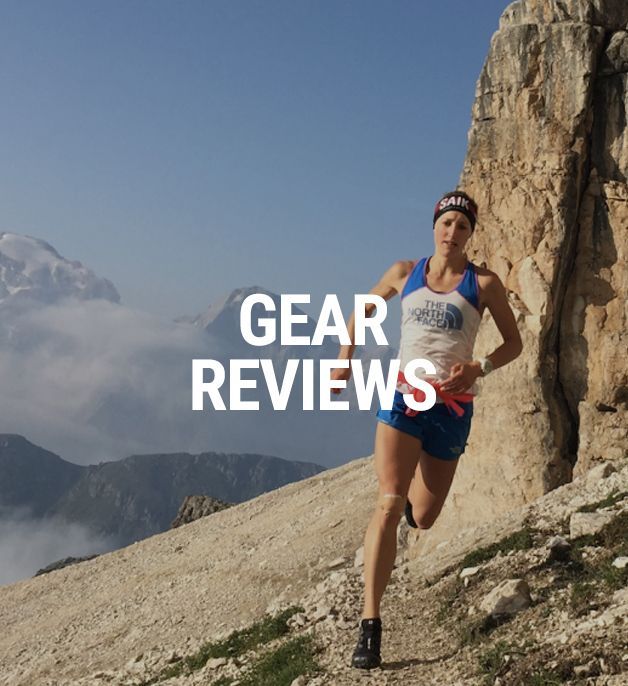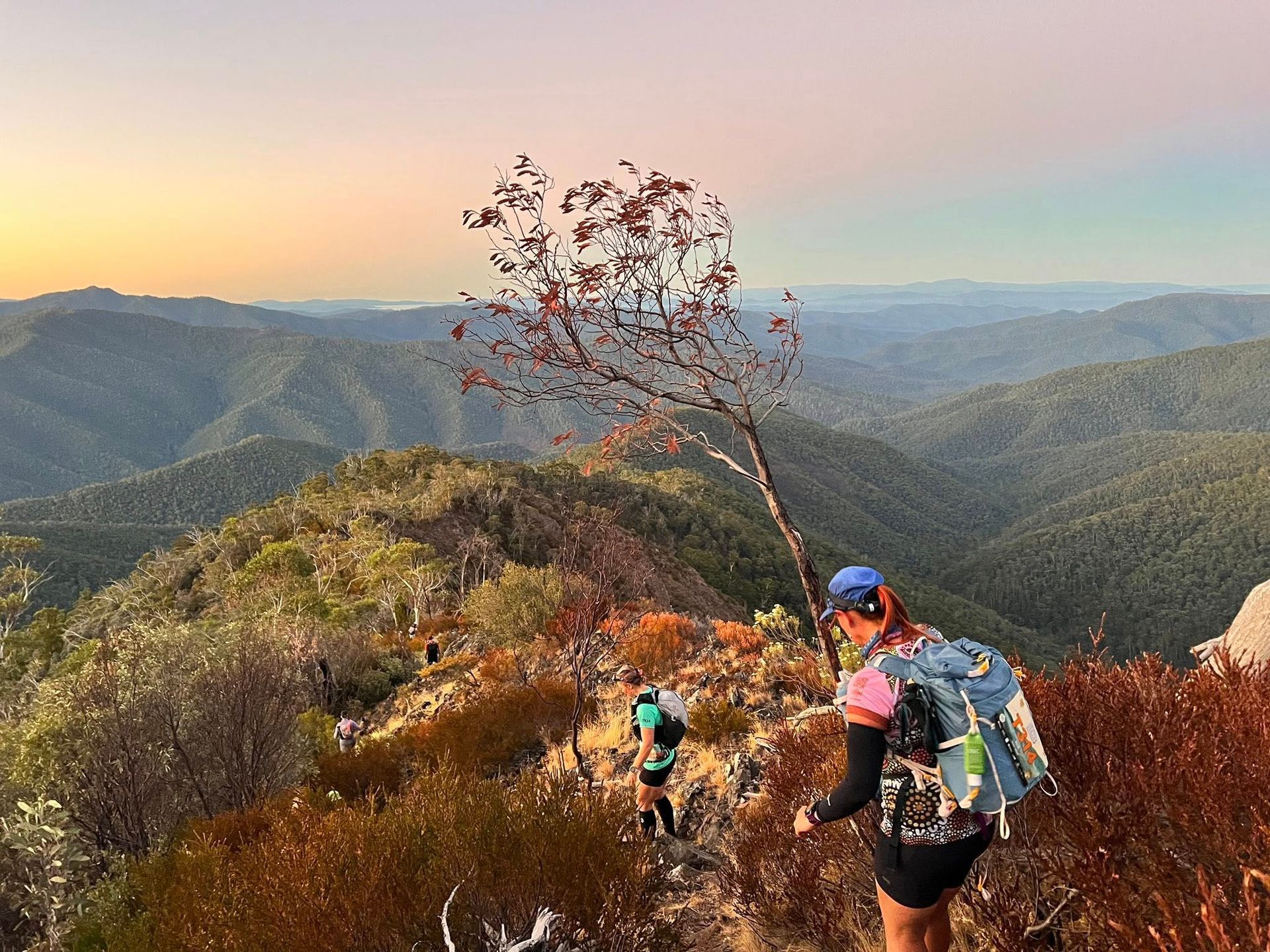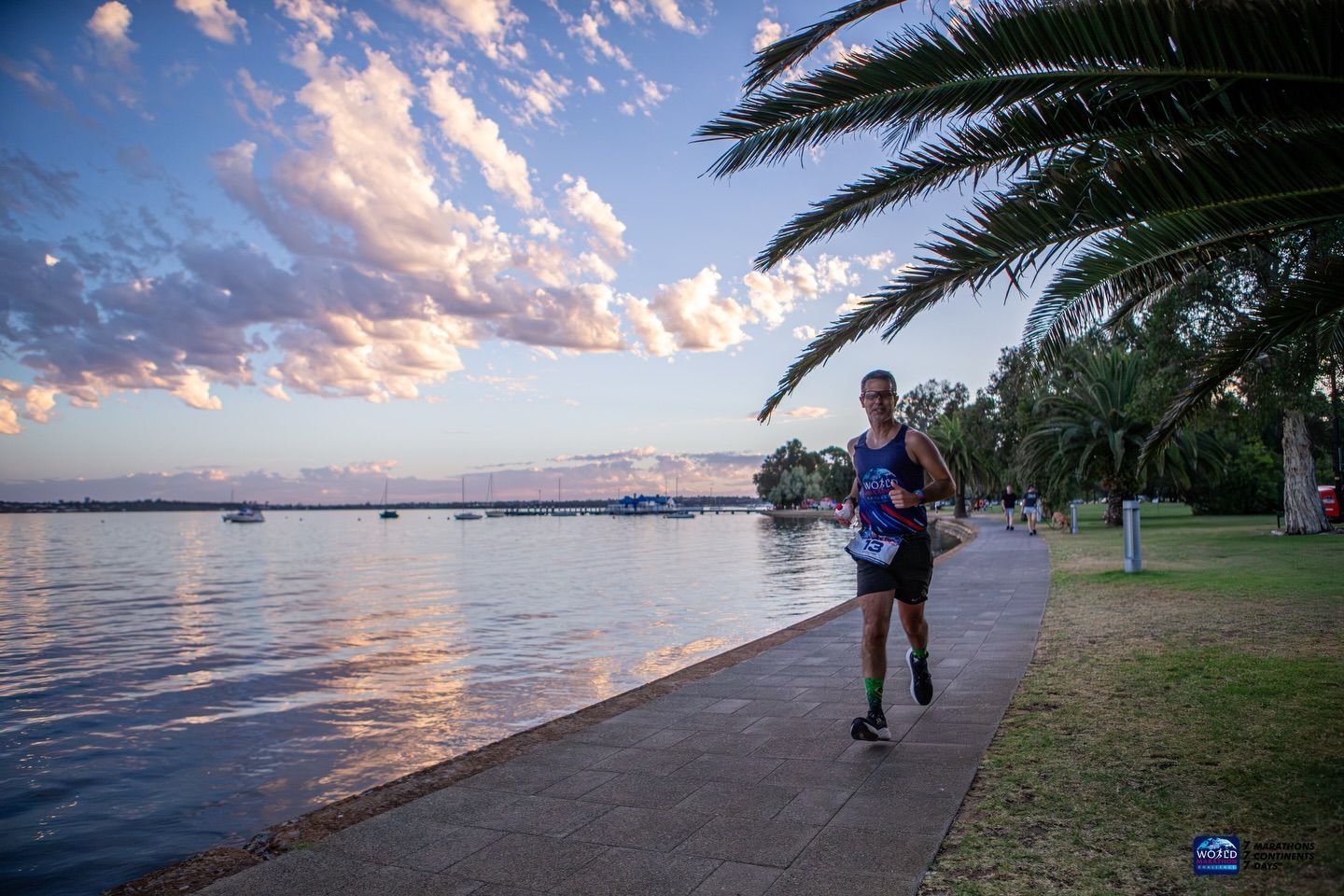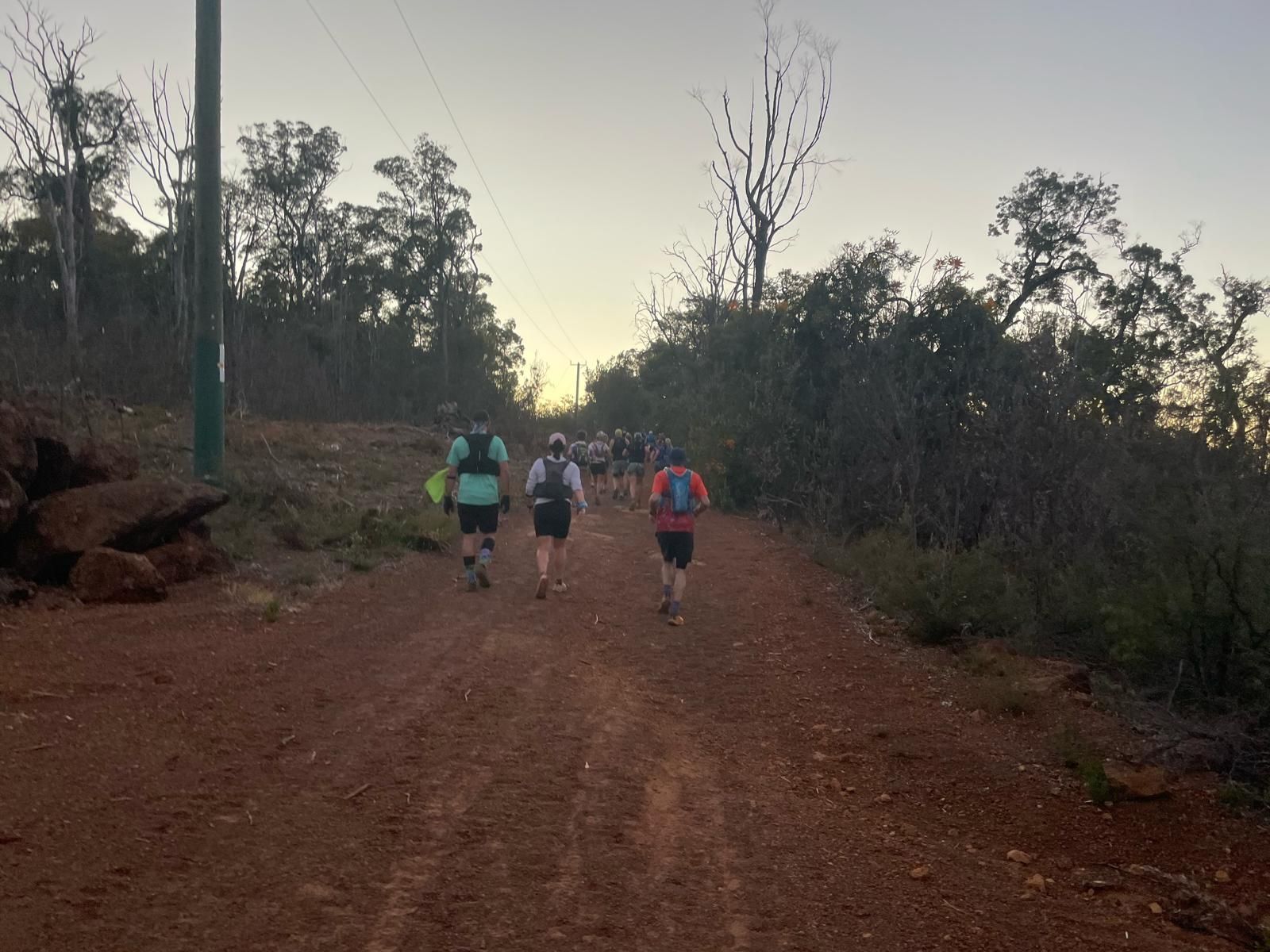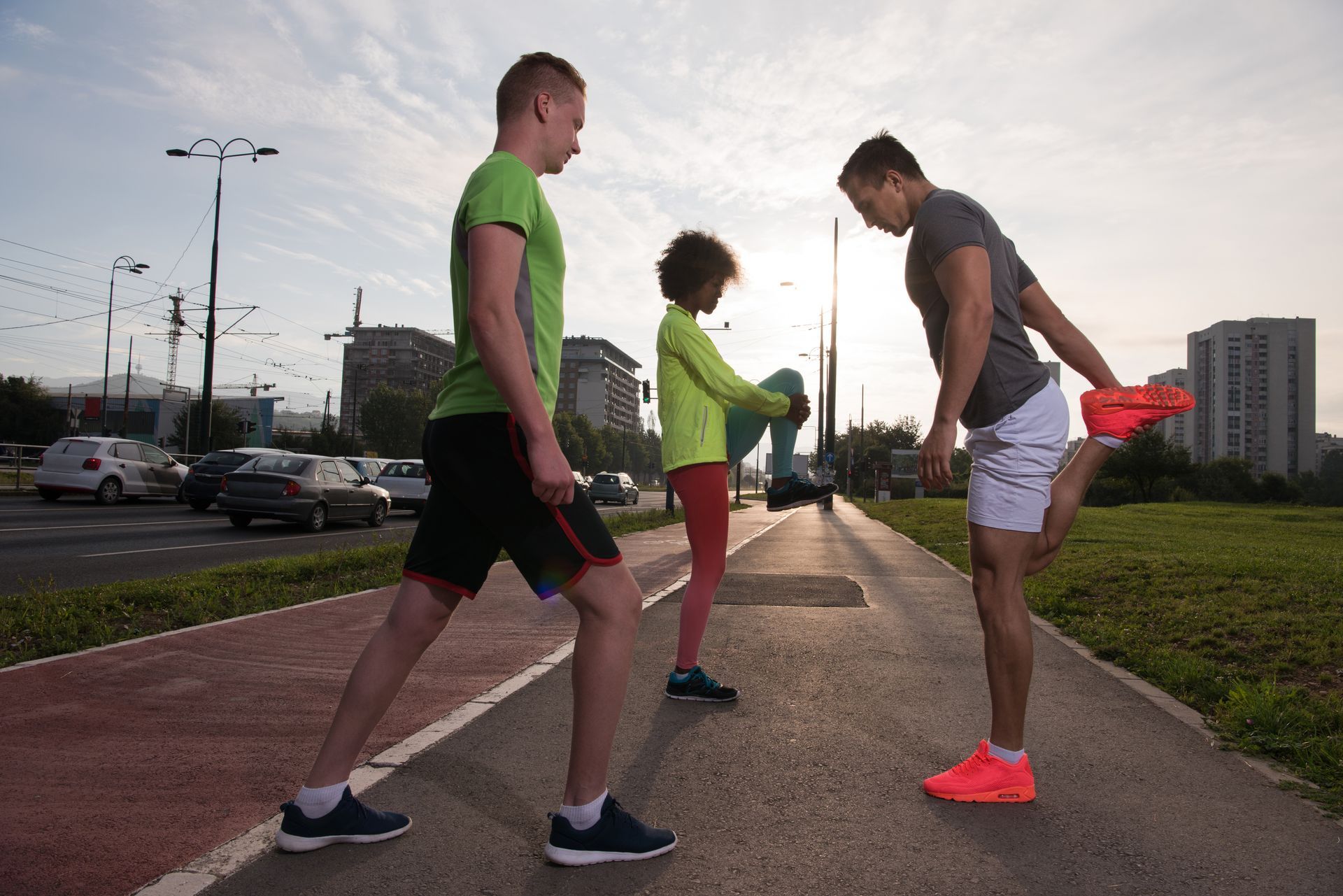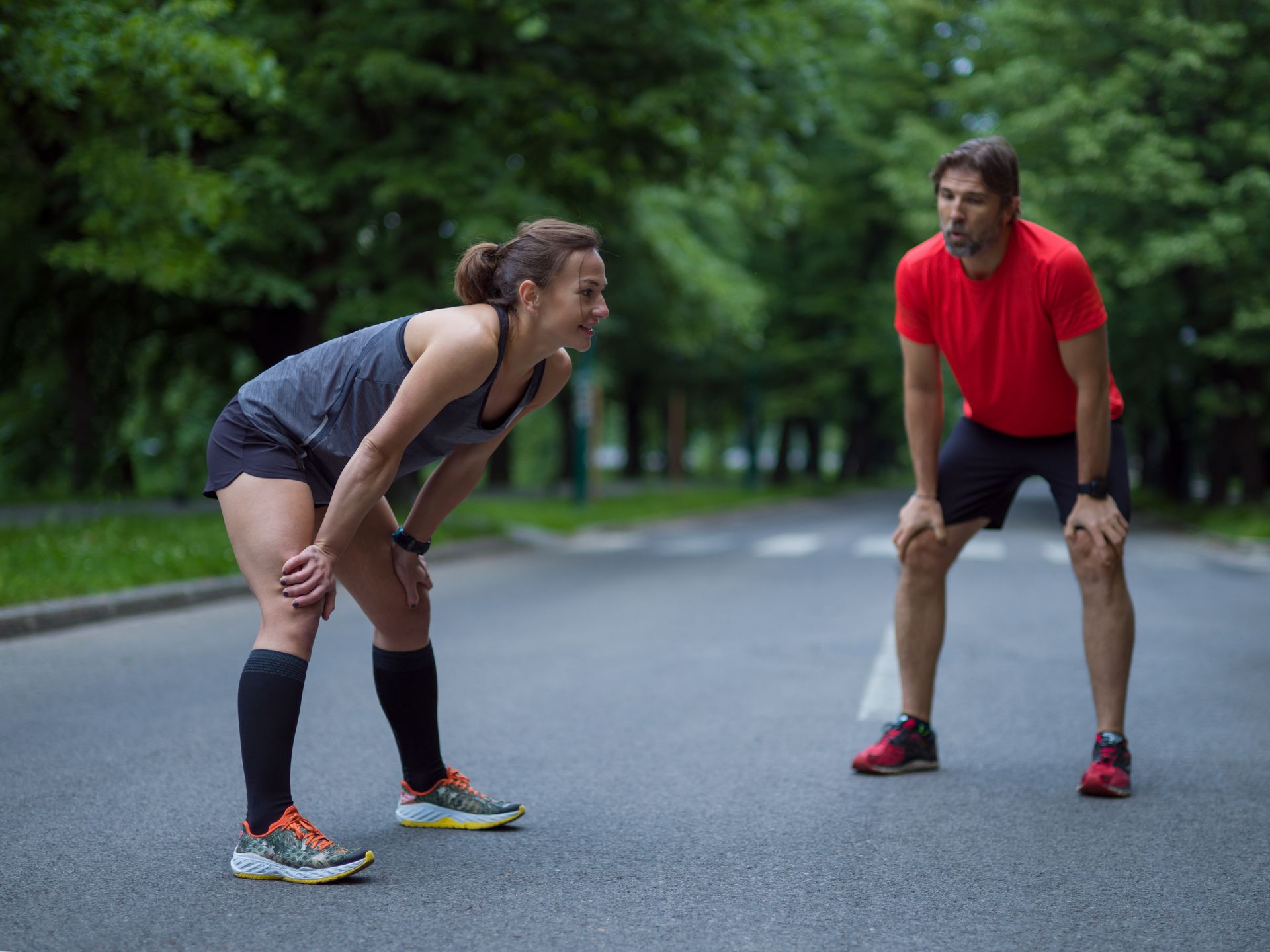
COACH’S CORNER - Tune Into Your Body by Zac Harris
Founder and head coach of overlap consistent running coaching, zac harris, provides the benefits of running to perceived rate of exertion (rpe).

In today’s world, most of us love talking about average pace, heart rate zones, or distance covered, and those metrics definitely have a place in our training and racing world. However, I’m here to explain and encourage the use of a different type of training tool, Rate of Perceived Exertion, or RPE.
Running to RPE has been gaining popularity among runners for its intuitive approach to training. Unlike traditional methods that rely heavily on metrics such as distance, pace, or heart rate, RPE focuses on how hard you feel you are working during your run. This subjective measure can provide numerous benefits and offer a fresh perspective on training. Let’s dive into the details of it.
What is Perceived Rate of Exertion (RPE)
RPE is a scale that typically ranges from 1 to 10, where 1 represents minimal effort (like a casual walk), and 10 represents maximum effort (an all-out sprint). This scale allows runners to tune into their bodies and adjust their effort based on how they feel at any given moment. It encourages runners to become more mindful and responsive to their physical and mental states. There are many RPE scales out there, and all of them vary slightly. At the end of the day, it doesn’t really matter how the scale is represented, as long as you stick to the same one and understand what each level represents in terms of effort.
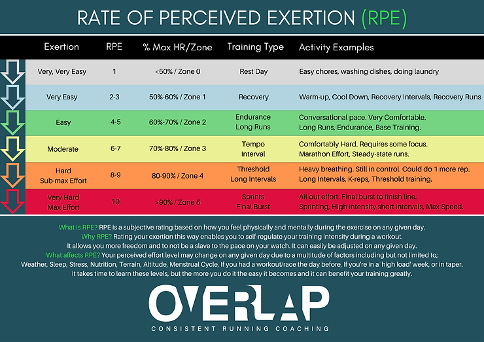
OVERLAP SPECIFIC RPE TABLE
Benefits of Running to RPE
Personalisation:
Running to RPE is inherently individualized. It takes into account your unique fitness level, fatigue, and even daily variations in energy levels. Unlike set paces or distances that might not always align with how you feel on a particular day, RPE allows you to adjust your effort to match your current condition, making your runs more enjoyable and sustainable.
Reduction of Injury Risk:
By listening to your body, you’re more likely to avoid overtraining and the injuries that come with it. If you’re feeling unusually tired or experiencing discomfort, RPE encourages you to dial back, offering a built-in mechanism to prevent pushing too hard.
Enhanced Recovery:
Running to RPE promotes better recovery because it respects the natural ebb and flow of your body's capacity. On days when you feel sluggish, you can take it easier, allowing your muscles, joints, and cardiovascular system to recuperate. This balanced approach can improve overall performance and longevity in the sport.
Mental Engagement:
Training by RPE requires you to be more mentally present and engaged. This heightened awareness can make running more enjoyable, as it shifts the focus from hitting specific numbers to experiencing the run itself. It fosters a deeper connection with your body and can make training feel less like a chore and more like a mindful practice.
Flexibility:
Life can be unpredictable, and your training should accommodate that. RPE offers flexibility that rigid training plans often lack. Whether you’re dealing with unexpected stresses, lack of sleep, or varying weather conditions, RPE allows you to adjust your effort accordingly, ensuring that your training remains consistent and effective.
Adaptability to terrain:
Trail and ultra running often involve varied terrains and elevations, making it difficult to maintain a consistent pace. By focusing on RPE, runners can adjust their effort according to the demands of the terrain, ensuring they don’t overexert themselves on steep climbs or technical sections.
Focus on Endurance:
For ultra runners, endurance is key. RPE emphasizes sustainable effort over time, helping runners develop the endurance necessary to tackle long distances without succumbing to premature fatigue.
Overall, incorporating RPE into trail and ultra running can lead to smarter, more effective training and racing, allowing runners to maximize their performance while enjoying the journey.
Comparison to Traditional Metrics
Distance:
Running based on distance can sometimes lead to overexertion, especially if you're having an off day. Pushing to complete a set distance regardless of how you feel can increase the risk of burnout and injury. In contrast, RPE adapts to how you feel, making it a more sustainable approach. When training on trails, the variability in terrain and technicality can make distance-based training less effective. Trails often feature uneven surfaces, inclines, and obstacles that can significantly alter your pace and effort. Focusing solely on distance without considering these factors might lead you to push harder than intended, which can be both physically and mentally taxing. In such cases, using RPE allows you to adjust your effort according to the trail conditions, ensuring a more balanced and injury-free training experience.
Pace:
Training to a specific pace can be beneficial for tracking improvement and can be particularly helpful when running road or track intervals, but it doesn't always account for daily fluctuations in energy, conditions, or terrain. RPE, however, adjusts in real-time, allowing for variations in your effort while still promoting progress.
Heart Rate:
Heart rate training is effective but can be influenced by numerous factors such as stress, caffeine, and hydration levels. RPE bypasses these influences by focusing purely on your perceived effort, offering a more direct line to how your body is truly responding to the workout. Furthermore, unless you’ve had your heart rate zones properly tested and continually retested over time, you can’t know for sure if you’re training in the right zones.
Factors Influencing Perceived Effort
It's important to recognize that several factors can affect your perceived effort on any given day. The following are just a few to be aware of;
- Weather conditions, such as extreme heat, cold, wind, or humidity, can make a run feel significantly more challenging.
- Fatigue from previous workouts or daily activities can also elevate your RPE, making a normally easy run feel tough.
- Lack of quality sleep is another critical factor; inadequate rest can leave you feeling sluggish and increase your perceived exertion.
- Nutrition plays a vital role as well; insufficient fueling or hydration & electrolyte balance can lead to decreased energy levels and higher RPE.
For women, hormonal fluctuations during the menstrual cycle can impact energy levels and perceived effort as well, making some days feel more strenuous than others. If you have a regular cycle, track it and adjust your training accordingly. If your cycle likes to keep you guessing, use RPE to adjust on the fly and be open to adjusting your training as required. By being aware of these variables, you can better interpret your RPE and adjust your training accordingly, ensuring a balanced and effective running routine.
How to Practice and Improve Running to RPE
Transitioning from traditional metrics to running based on perceived rate of exertion (RPE) can be both liberating and challenging. To become proficient at this intuitive method, consider the following strategies:
Start with Easy Runs:
Begin by incorporating RPE into your easy runs. Instead of focusing on your usual pace, aim for an effort level that feels like a 3 or 4 on the RPE scale. This will help you get accustomed to tuning into your body's signals without the pressure of hitting specific numbers.
Run Without Devices:
Occasionally leave your watch, phone, or other tracking devices at home. Running "naked" forces you to rely solely on your internal cues, enhancing your ability to judge your effort based on feel rather than numbers. In saying that, I know how much we all love our data, so you can always start your watch and then pop it in your pocket or cover it with a sweat band. Alternatively, switch your watch screen to show only ‘Elapsed Time’ and nothing else.
Incorporate RPE in Intervals:
When doing interval training, use RPE to determine your effort levels. For instance, aim for a 7 or 8 on the RPE scale during hard intervals and a 2 or 3 during recovery periods. This practice helps you learn how to adjust your effort dynamically.
Mindfulness and Body Scans:
Practice mindfulness and body scanning techniques before and during your runs. Pay attention to your breathing, muscle tension, and overall energy levels. This heightened awareness will improve your ability to accurately assess your RPE. If you’re in a hard interval or a race, think “is this effort sustainable to reach the end”. If yes, continue as you are. If not, reduce your pace slightly.
Feedback Loop:
After completing a run, compare your perceived effort with the data from your tracking devices, if you used them. This feedback loop can validate your RPE assessments and help you fine-tune your internal gauge over time.
Listen to Your Body:
Pay close attention to how your body reacts during different runs. Notice signs of fatigue, stress, or ease, and correlate these sensations with your RPE. Learning to listen to your body is key to mastering this approach.
By practicing and refining your ability to run to perceived rate of exertion, you'll develop a more intuitive and adaptable approach to training. This method not only promotes a deeper connection with your body but also ensures a more enjoyable and sustainable running experience.
Running to RPE can take some time to get used to, but the more you do it, the better you become at it, and you can eventually run all of your trail and ultra races to RPE alone, leaving the other metrics for a post-race review and debrief instead. Trust me, its liberating, and offers so much more freedom and joy in your running.
Conclusion
Running to perceived rate of exertion offers a holistic and flexible approach to training & racing. It encourages a deeper connection with your body, promotes injury prevention, and enhances overall enjoyment of the sport. While traditional metrics like distance, pace, and heart rate have their place, integrating RPE into your routine can provide a balanced and intuitive path to becoming a more resilient and mindful runner.


